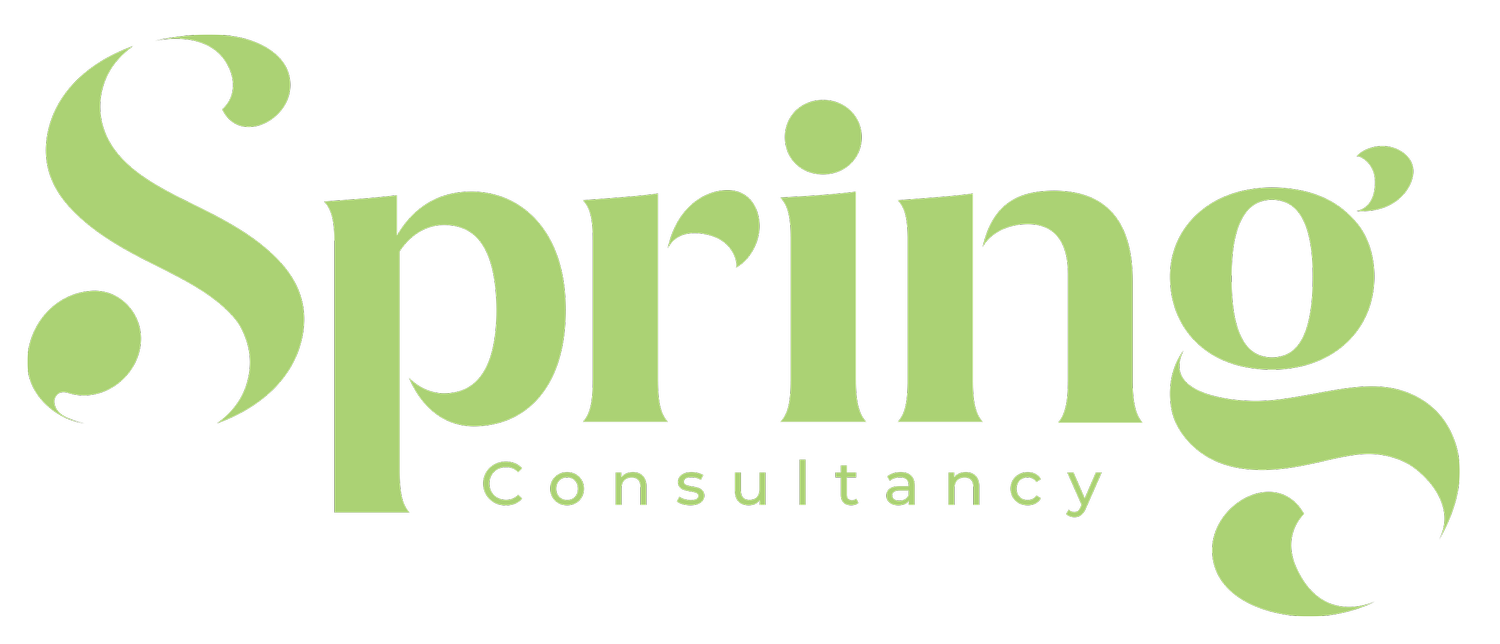Corporation Tax Increase
The Spring 2021 Budget announced a planned increase in the rate of corporation tax for companies. There was much confusion in Autumn 2022 when the increase was scrapped, then reinstated and now, in the latest Spring 2023 budget there has been no revision at all.
For periods after 1 April 2023 there will be an increase in the rate from 19% to 25% for profits over £250,000 per annum. At first glance it doesn’t seem that this will affect many small businesses, however, the government is reintroducing a Marginal Rate Regime.
Marginal relief
Business owners who were operating before 2014 (when we last had a dual rate of corporation tax) may be familiar with how this will work. As a reminder or an introduction for those who were not affected by the pre 2014 rules, one of the main features of the system is that the rate does not just change at the £250,000 profit figure, but gradually moves towards 25% between £50,000 and £250,000.
Companies with profits between £50,000 and £250,000 will pay tax at the main rate of 25% reduced by marginal relief. The marginal relief adjusts the rate of tax paid gradually increasing the liability from 19% to 25%. As a result the element of profit that sits between £50,000 and £250,000, is taxed at an effective rate of 26.5%.
To put that into an example let’s look at a company with profits for the year ended 31 March 2024 of £80,000:
Tax on £50,000 profit (19%) = £9,500
Tax on £30,000 profit (at marginal rate 26.5%) = £7,950
Total Tax Liability = £17,450
The effective rate of tax is therefore 21.81%
Associated company rule
The Government is aware that company owners and their advisers may look at these limits and decide a way around this is to set up additional companies separating out parts of the business and ensuring each company’s profit does not exceed £50,000.
There is therefore a rule that the limits have to be divided between all companies which are under common control. So if three companies were set up in this way, the £50,000 limit becomes £16,667 and the £250,000 limit becomes £83,333. Even if some of the entities are dormant, the limits are split equally.
Entrepreneurs often have businesses split between different companies where there are differing shareholder arrangements, in order to “ring-fence” risks or many other reasons. Sadly this rule does not distinguish between multiple companies set up to avoid paying more in tax and groups of companies established for genuine commercial reasons.
Planning and obtaining advice around the set up of group companies is therefore going to be essential.
So what can we do?
A key aspect of tax planning may be to keep profits out of the marginal tax rate (26.5%) by keeping them under £50,000. It could now be more efficient for business owners to make their drawings from the company using a higher proportion of salary and pension contributions as these are deducted from profit before tax is applied as opposed to dividends, which are not deductible from profit. As Pensions cannot be backdated and salaries also need to be planned for, looking at this during the year rather than at the year end is therefore going to be crucial. Ensuring records are kept up to date is therefore going to be more important than ever.
Incorporation of businesses
Whilst the rates of incorporation tax have been increased, the rates applied to sole traders and partnerships, who pay income tax on their profits have not. Furthermore, the income tax rates applied to dividends taken from companies’ are also set to increase. This may therefore affect whether it is still tax efficient for those at certain profit levels to incorporate as it may have been in the past.
For those who have already incorporated their business it may seem like a good idea to move back to a sole trade model but due to potential tax charges on disincorporation, this action would need to be planned carefully. There are also many other benefits to a Limited company such as limited liability.
It’s certainly worth checking how these new rates will affect your taxes if you are considering incorporating your business.
If you have concerns over how these changes will affect your business and you would like to speak to one of our advisors free of charge, please get in touch.
This summary is to serve as a guide and it should not be taken as professional advice.

